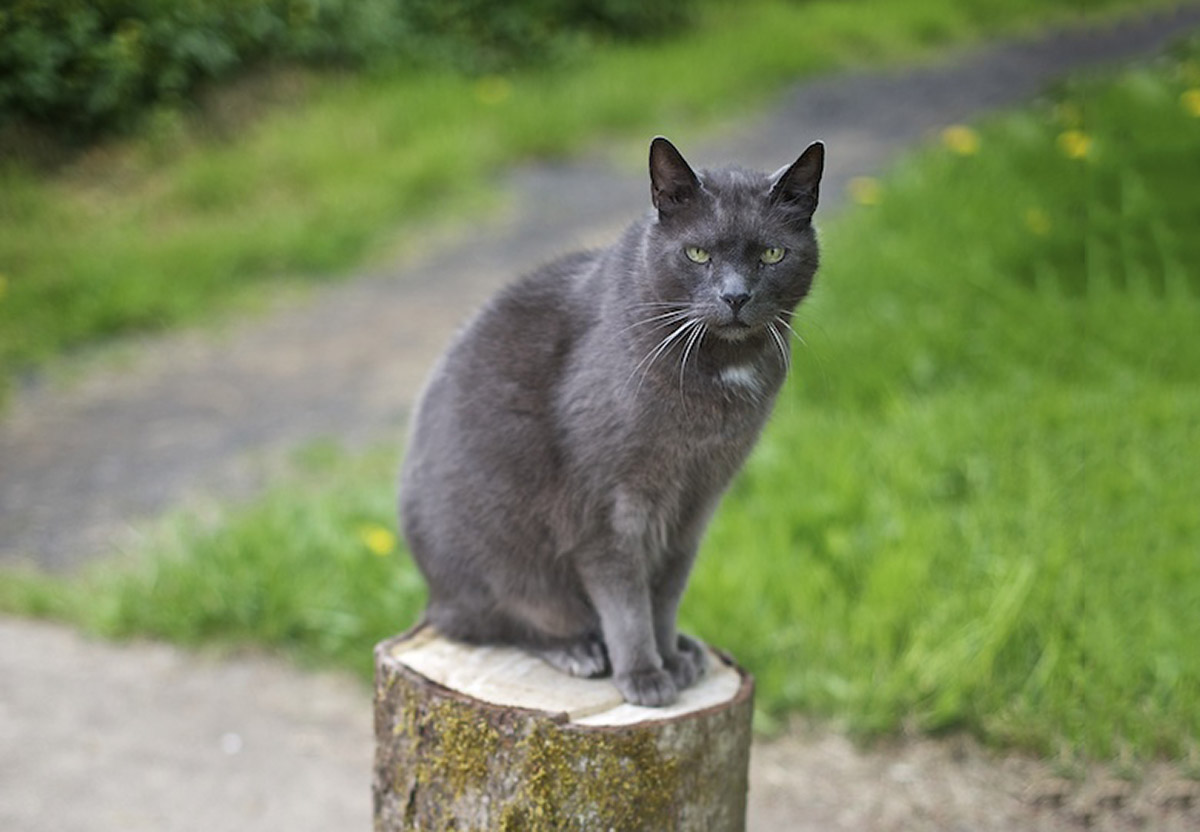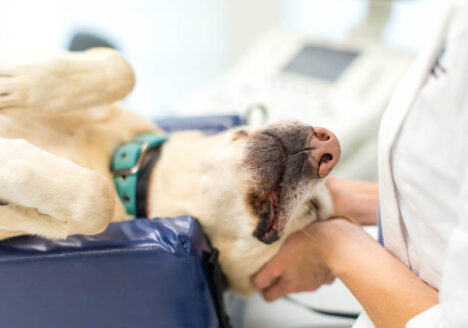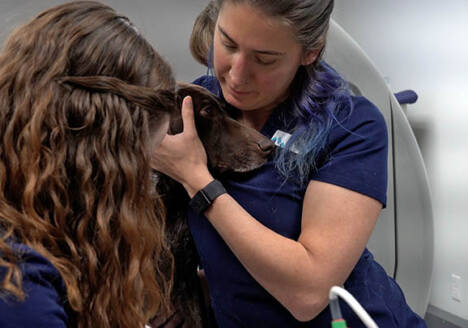Is Your Male Cat “Walking Funny” and Yowling? It Could Be a Urethral Obstruction – And a Veterinary Emergency!

Is your male cat exhibiting any of these concerning symptoms?
- Excessive licking: Focusing on his hind-end/prepuce.
- “Walking funny”: Stiff or unusual gait.
- Yowling or crying: Especially when trying to urinate.
- Urinating outside the litter box: Accidents or attempts to urinate in inappropriate places.
- Frequent trips to the litter box: Straining or unproductive attempts to urinate.
If so, your cat may be suffering from a urethral obstruction, a life-threatening emergency requiring immediate veterinary attention. Don’t delay – this is not something that can wait.
Why is a Urethral Obstruction So Serious?
A blocked urethra prevents your cat from urinating, leading to a buildup of toxins in the body. This can quickly cause:
- Severe pain: The obstruction is extremely painful.
- Kidney damage: The kidneys can’t function properly when urine can’t flow.
- Life-threatening electrolyte imbalances: These imbalances can affect the heart and other vital organs.
What Will the Vet Do?
If your cat has a urethral obstruction, the vet will:
- Sedate your cat: Heavy sedation is necessary to safely place a urinary catheter.
- Place a urinary catheter: This relieves the obstruction and allows urine to drain.
- Hospitalize your cat: Typically for at least 24 hours, for:
- Aggressive fluid therapy: To flush out toxins and support kidney function.
- Pain management: To keep your cat comfortable.
What Causes Urethral Obstructions?
Urethral obstructions are relatively common in young, male, indoor cats. Often, the underlying cause is feline idiopathic cystitis (FIC). FIC is a complex condition, likely linked to stress. Stress can trigger inflammation in the bladder lining, and in severe cases, this inflammation, along with mucus and crystals, can form a plug that blocks the urethra. Other causes of urethral obstruction include masses, infections, and stones.
Common Stressors for Cats:
Cats are sensitive creatures, and many things can cause them stress, including:
- Dirty litter box: Cleanliness is crucial for cats.
- Insufficient litter boxes: The general rule is one litter box per cat, plus one extra.
- Changes in the environment: Moving, new furniture, etc.
- New people or pets: Introductions should be gradual.
- Owner travel: Cats can sense when their routine is disrupted.
- Lack of environmental enrichment: Boredom and lack of stimulation can be stressful.
Recurrent Obstructions:
Unfortunately, some cats will experience repeated obstructions, even with the best care. In these cases, a surgical procedure called a perineal urethrostomy may be considered to widen the urethral opening.
Don’t Wait!
If you’re concerned about your cat’s urination habits, especially if you see any of the symptoms listed above, please contact your veterinarian or the Veterinary Referral and Emergency Center of Central Oregon immediately. Prompt treatment is essential for a positive outcome.


